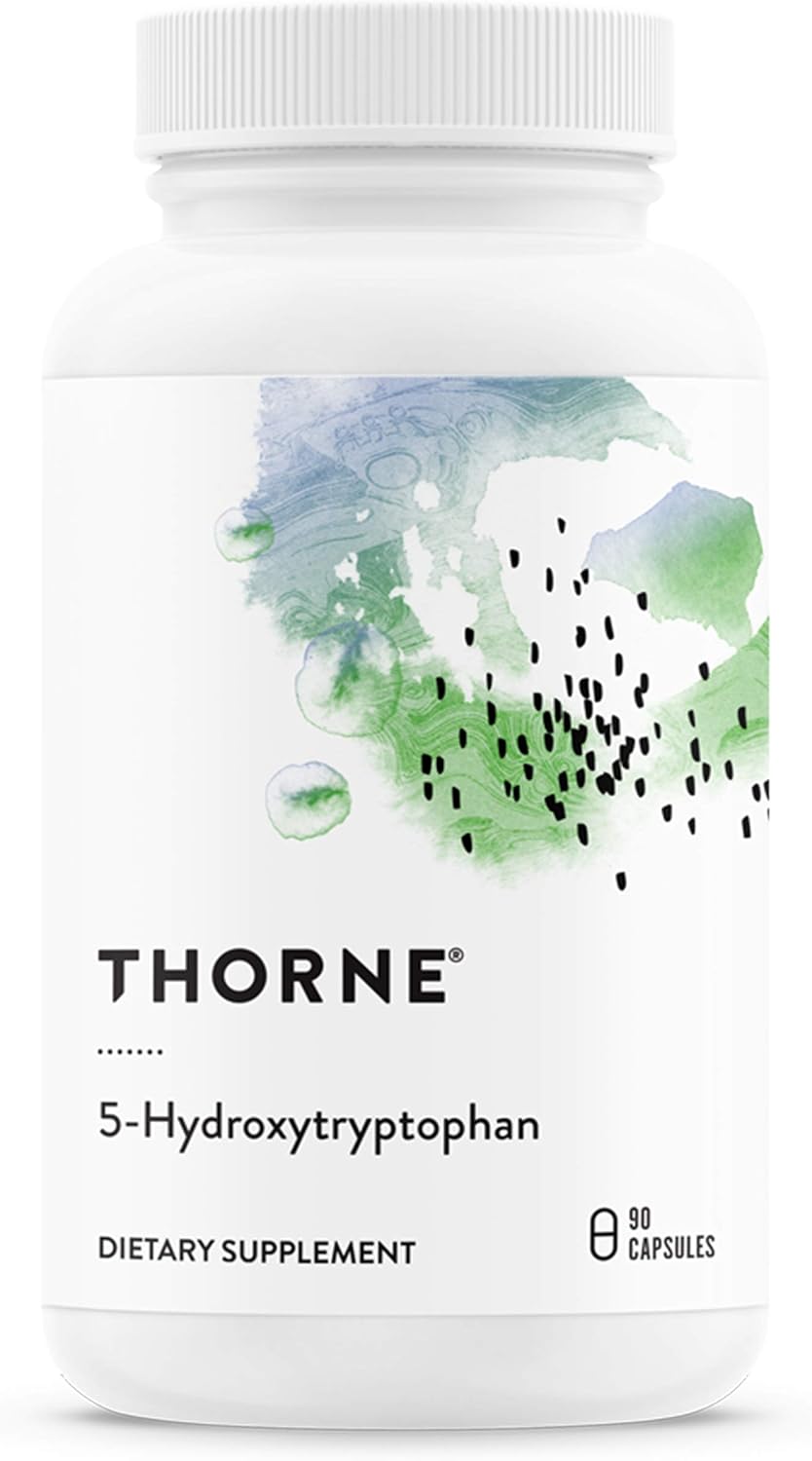What is Tryptophan: Foods, Benefits, Side Effects

Tryptophan, commonly referred to as L-tryptophan, is one of the nine essential amino acids – the building blocks of proteins.
Our body cannot synthesize it on its own and so it must necessarily be obtained from the diet. The amino acid tryptophan is naturally found in many foods especially in protein-rich foods.
Foods where tryptophan is found?
The dietary sources that can be found with high tryptophan content can come from either plant or animal sources.
Some of them are:
Tryptophan health benefits
Tryptophan is very important for the development and function of many organs in our body. After L-tryptophan is absorbed from food, it is converted into 5-HTP (5-hydroxytryptophan), and then into serotonin, melatonin and vitamin B6 (nicotinamide).
The benefits of tryptophan:
Tryptophan Dietary Supplements:
Tryptophan when metabolized “gives” 5-hydroxytryptophan (5-HTP) and this in turn “gives” us serotonin. 5-HTP is therefore recommended as a suitable dietary supplement in order to get the necessary dose of tryptophan.
Consult your pharmacist about supplements – formulas containing 5-HTP either individually or in combination with other ingredients for better performance.
Recommended Tryptophan Supplements
TWINLEAF 5 HTP Supplement for Mood Support – Made in USA – 60 Vegie Caps
This supplement is made from all natural sources and packs 400mg of Tryptophan.
It contributes to good mental health and nervous system. It also helps you maintain calmness and a positive outlook.
This supplement contributes to the good functioning of the brain and nervous system, regulates mood, stress, acts against depression and insomnia.
It is also indicated for the relief of fibromyalgia and headaches.
Thorne 5-Hydroxytryptophan (5-HTP) – Serotonin Support for Sleep and Stress Management – 90 Capsules
This supplement enhances the mood and supports better sleep. It is also good for mood and stress management.
Two Capsules Contain: Vitamin B6 (as Pyridoxal 5′-Phosphate) 6.8 mg and 5-Hydroxytryptophan 100 mg.
What are the possible side effects of tryptophan supplements?
As the intake of tryptophan through food is safe, some people experience some unwanted side effects from taking tryptophan supplements. Tryptophan supplements are perfectly safe when taken orally for a short period of time.
Some of the side effects that may occur are:
- Heartburn
- Stomach pain
- Swelling and gas
- Nausea
- Nausea and diarrhea may be present in the mouth and may be accompanied by nausea and vomiting
- Diarrhoea
- Loss of appetite
- Headache
- Dizziness
- Drowsiness
- Skin rashes
- Cramps and muscle aches
- Weakness
- Sexual problems in some people
It is important to be avoided by pregnant and breastfeeding women.
It is also recommended if the supplement is taken for the first time to avoid taking it before any activity that causes mental alertness.
Tryptophan helps treat symptoms in many conditions but can lead to an excessive increase in serotonin levels, especially when combined with medications such as:
- tricyclic antidepressants
- tricyclic antidepressants (e.g., tricyclic antidepressants)
- analgesics
- drugs for migraine
- If you are taking selective serotonin reuptake inhibitors (SSRIs) , you should not increase tryptophan without talking to your doctor.
Increased levels of serotonin from tryptophan may inhibit the action of SSRIs. This category includes antidepressant medications such as:
- citalopram
- fluoxetine
- sertraline
Bottom Line
Tryptophan is an amino acid with multiple health benefits and is the main agent to produce “the stuff of happiness”, Serotonin. It is best absorbed by the body when taken from the diet, so we prefer foods high in tryptophan.
However, there are some supplements that can be obtained, but it is advisable to take them only when indicated and always under the guidance of a specialist-scientist.



